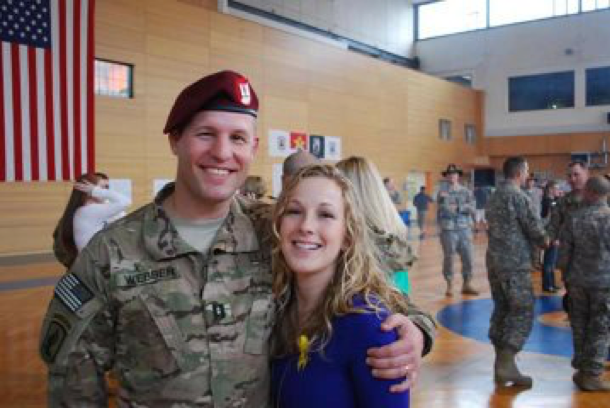What it Takes to Be Practice Ready: A Law Student's Perspective
By Andrew Webber

A rising 2L on how it takes more than traditional law school classes to prepare students for success after graduation. (And how it'd be nice to know what securities work actually is when asked in an interview.)
"I really want to work with emerging companies, that's where I see myself long term," I told my interviewer.
We were halfway through the "On-Campus Interview" process, a hiring process reminiscent of a Victorian-era courtship ritual. Participating law students had about 20 minutes to convince law firms to invite them for a day-long callback, and if the personalities matched, the firm usually gave an offer.
"Do you see yourself specializing in securities, or something else?" The interviewer asked.
"It's tough to tell, I'll do whatever the team needs me to do," I answered.
"Does securities work interest you?" He persisted.
I paused, trying to think of a way to change the subject. Nothing popped into my head, so I just answered honestly. "It isn't clear to me what a security actually is."
He frowned and moved on. I got the job, despite showing the interviewer I had no idea about the real-world application of law.
Perhaps firms' expectations for new lawyers are so low that they are impossible to disappoint; it's no secret that hiring fresh associates is a high-risk cost. As my schooling progressed, and I worked through "business law classes," I realized I probably wasn't going to learn much about my future clients' worlds if I relied only on academic courses. My father, a serial entrepreneur, brought the point home when I confessed I had no idea what balance sheets or income statements really were, let alone how to critically analyze them.
"So I'm gonna pay you hundreds of dollars an hour to either give advice on something you don't know anything about, or pay for you to learn things you should already know?"
"Huh." I didn't have an answer to that.
"Do you ever wonder why people don't like lawyers?" He asked.
Fair. So I did what most professionals do, and began self-study.
Soon after that, I was sitting in Professor Bill Henderson's class at Northwestern Law and he had a couple of guest speakers in that evening. One of them was Ian Nelson, a Hotshot co-founder. Hotshot creates short videos and other resources that teach lawyers and law students exactly what I felt I needed to learn. A few classmates and I watched the videos on balance sheets a few days later and got hooked.
Hotshot's videos turned out to be a fantastic resource, as their material really helped me get through my classes - especially the ones in which professors with industry experience made assumptions about our real-world knowledge. When it came time to sit through a lecture involving balance sheets and income statements, I finally knew what the professor was talking about.
Many of my ex-army buddies, themselves budding entrepreneurs, found out I was in law school and began asking me for legal advice about formation, transactions, fund-raising, and other things I'm wholly unqualified to opine on. I'm still quite useless to them, but thanks to the Hotshot videos on venture financing, at least I can understand their language, and therefore their questions, which is usually enough to make a recommendation for further research, or perhaps give advice on what lawyer to solicit. I also now feel more confident as I work on my own venture, which is a special kit that helps treat trauma victims.
The market for law students is still very tough. Clients are cost-sensitive, and incredibly sophisticated in how they track and manage legal expenses. Law firms are moving on from one-line invoices and inexperienced junior lawyers churning out inefficient billable hours; the market seems to be screaming "show me your individual value or take a hike." Firms are stuck paying high salaries to junior lawyers who obviously don't provide a commensurate value, and probably can't be trusted to engage with clients.
It may be a long, long time before a client feels like I'm worth what BigLaw bills for junior work, but I feel confident that I'm getting there. I'm even more confident in the fact that merely taking law classes is insufficient, and success in the legal world requires investment in self-guided professional development.
I often hear bigshot partners say that stacking billable hours is no longer enough to earn equity in the legal world (if it ever was), and that it takes hard work and self-study to show value in today's market. Tools like Hotshot that make the learning process clear and efficient, therefore seem indispensable to the law student and junior associate trying to become a value-adding member of society.
Oh - and I checked with Ian - Hotshot has courses that can teach me about securities, so things are looking good for this summer…
Andrew Webber is a 2L at Northwestern and will be spending his summer at an Am Law 200 firm.